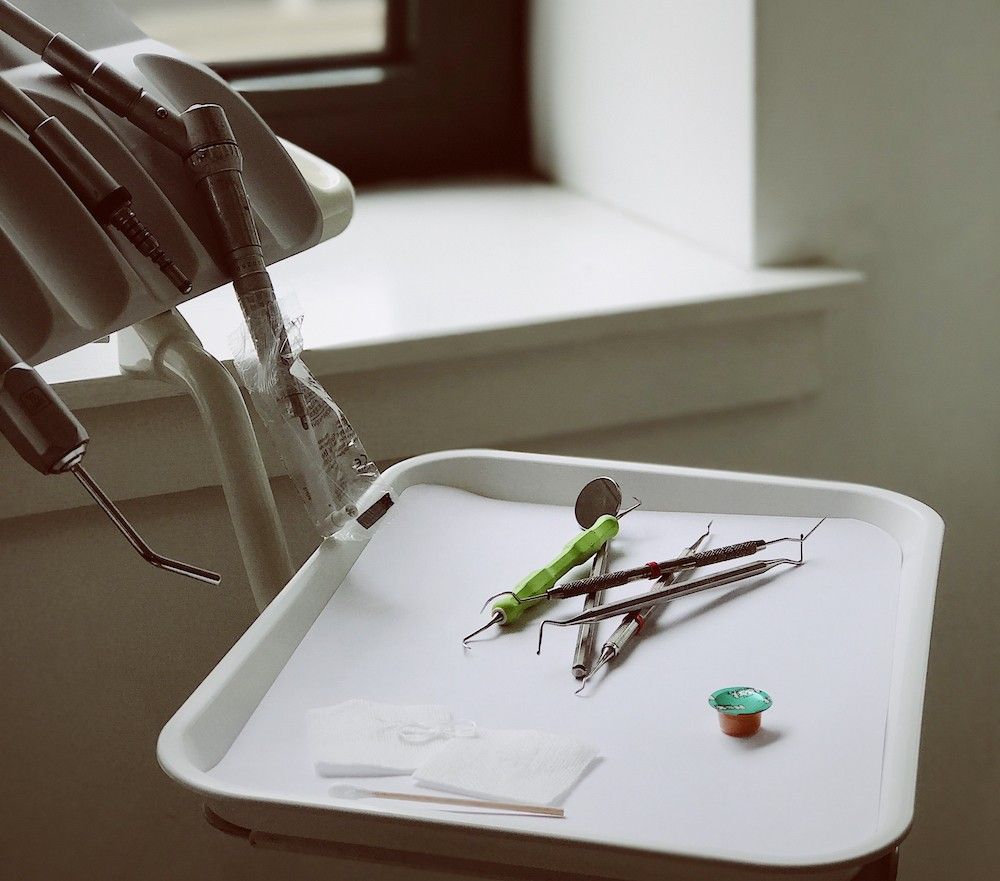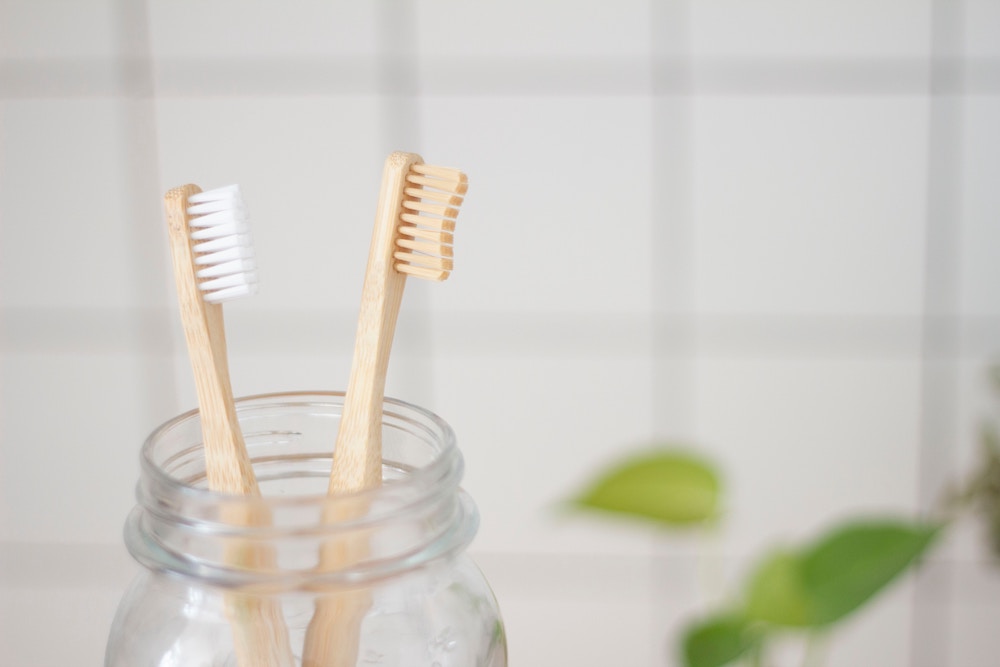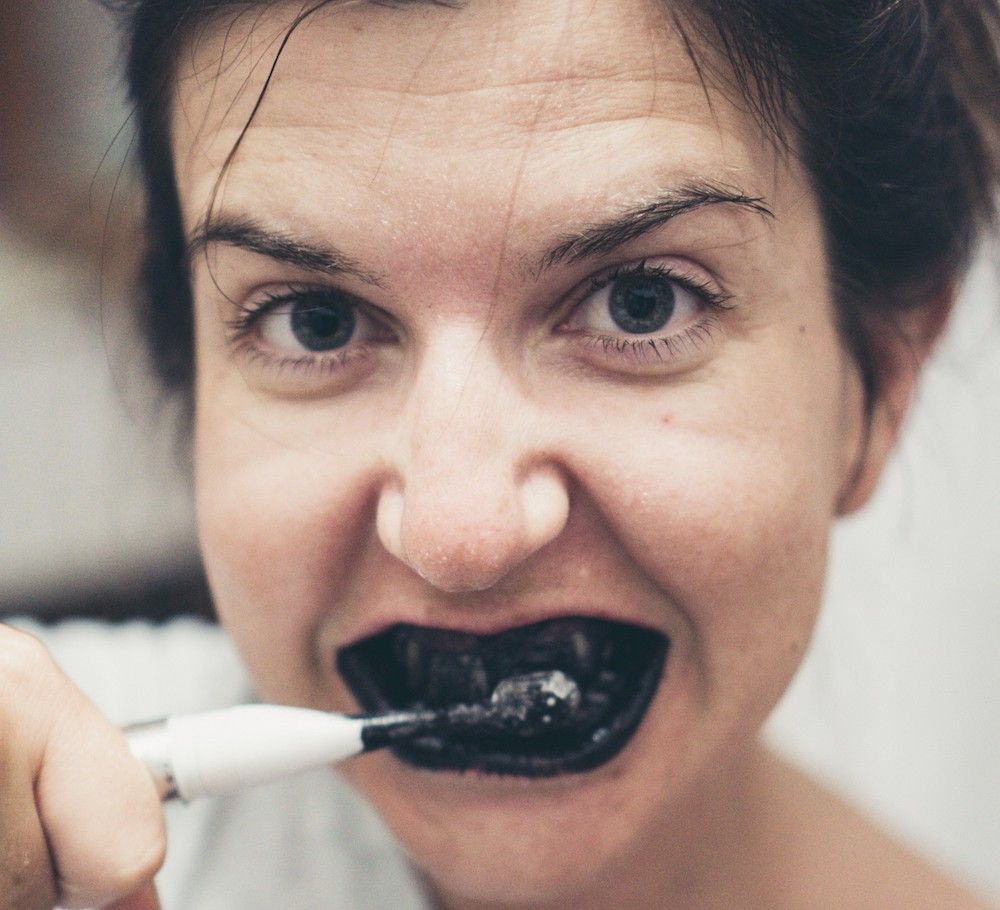
How to Prepare for Wisdom Tooth Extraction
June 26, 2019
What are the Different Types of Teeth Whitening Treatments? Which One Is The Best?
July 22, 2019If you follow beauty and personal care trends, chances are you heard of charcoal toothpaste. Whether your friend recommended it or you found it on Pinterest, you may be curious about the pros and cons of charcoal toothpaste. But does it live up to the hype?
We aim to provide objective, helpful information for our patients. As dental professionals, we have concerns about the charcoal toothpaste trend, but recognize some have positive experiences using it as a supplement to their dental care program. Keep in mind the following is not medical advice, it is just basic information about the pros and cons of charcoal toothpaste.
What Is Charcoal Toothpaste?
In case you don’t yet know, charcoal toothpaste is made from activated charcoal. Activated charcoal is chemically treated resulting in extra absorption ability. For this reason, it can absorb food particles and bacteria. Fans of charcoal toothpaste report stain removal, improved breath, and whiter looking teeth.
Activated charcoal is typically made from slowly charring a variety of materials including bone, coconut shells, olive pits, or sawdust. It is known for the ability to absorb particles which is why it is commonly used in water filters.
Ancient Romans used charcoal to brush their teeth. This ancient practice reemerged as a modern trend in recent years. Fans of charcoal toothpaste claim it has antibacterial, antiviral, and antifungal properties. They also claim it whitens teeth, removes stains, and freshens their breath.
That all sounds good but is it safe? A literature review published in the Journal American Dental Association provided an overview of peer-reviewed research about the benefits of charcoal toothpaste. They concluded that at this time dentists should caution patients about relying on charcoal toothpaste since the safety and effectiveness has not yet been clinically established.
What Are The Pros And Cons Of Charcoal Toothpaste?
Benefits Some Users Report After Using Charcoal Toothpaste
Some users believe that charcoal toothpaste reduces toxins in the mouth and as a result treats bad breath. Charcoal is used in a variety of treatments, medications, and personal care products for its detoxifying properties. Some credit the antibacterial properties in charcoal with improving their breath.
Other fans find that it helps remove stubborn surface stains like red wine stains from the teeth. This may result in whiter looking teeth and a just polished sensation. The texture of the activated charcoal used in toothpaste is similar to baking soda.
Keep in mind, these benefits are anecdotal, so far there hasn’t been sufficient peer-reviewed research to make any clinical determinations. While many users experiences are positive, it is important to note some of the cons and cautions to using it.
Potential Disadvantages Of Using Charcoal Toothpaste
As dentists, we always recommend a toothpaste containing fluoride since it helps strengthen the teeth. Be sure to read labels to see whether it contains fluoride. If not, consider using a fluoride mouthwash.
Brushing with charcoal toothpaste may make teeth look whiter due to stain removal, but doesn’t whiten deeper levels. Deeper stains may be the result of trauma, overuse of fluoride, weak enamel, and some medications. Professional whitening is required for more serious whitening beneath the tooth’s surface and professional whitening may even prevent wearing down enamel from overzealous brushing.
One of our biggest concerns is the abrasive texture of charcoal may damage or erode tooth enamel. Ironically, this can result in a yellow appearance as enamel is stripped away showing the inner layers of the teeth. We always recommend gently brushing twice a day using a soft bristled brush and professionally formulated toothpaste.
Since enamel may get worn away, increased sensitivity is a side effect some experience from using charcoal toothpaste. When the enamel breaks down, the more sensitive inner layers of the teeth are vulnerable to irritation.
Perhaps the most surprising disadvantage of charcoal toothpaste is that it can actually interfere with some medications. It may absorb some of the medication making it less effective. If you are considering charcoal toothpaste, discuss it with your dentist and your primary care doctor. If your doctor gives you the go ahead, be sure to rinse your mouth thoroughly after using charcoal toothpaste.
Finally, be aware that the American Dental Association has not yet given charcoal its Seal of Acceptance.
Our Recommendations
First, discuss your interest in charcoal toothpaste with your dentist. It is important to determine first whether your tooth enamel is strong enough to withstand its use. If your dentist approves it, use it gently and in moderation. It shouldn’t replace your core dental care routine.
Your core dental care plan should include:
- Regular professional cleanings once or twice a year as recommended by your dentist and dental hygienist (more cleanings may be required depending on your needs)
- Gentle brushing twice a day using a soft-bristled toothbrush and toothpaste containing fluoride.
- Floss daily and consider using a water pick or water flosser. Some people may use the water flosser instead of flossing for example if certain orthodontist make flossing difficult.
- If you want whiter teeth, consider professional tooth whitening to reach deeper layers of the teeth without harming enamel as much.
- If bad breath is a concern, consider sugar free gum or a mouthwash.
Now that you better understand the pros and cons of charcoal toothpaste, you may have a better sense of whether it may be beneficial to you. As mentioned, speak with a dentist to ensure you do not have any conditions that may be contraindicated through its use.
Healthy teeth depend on good daily dental hygiene, in some cases, charcoal toothpaste may fit within your at-home dental hygiene plan. Second, annual examinations and professional cleanings are essential. A good cleaning may even mitigate a patient’s interest in using charcoal toothpaste for stain removal.
North Carolina residents trust Southview Dentistry for healthy smiles. Call us today to schedule an appointment if you haven’t had your examination or professional cleaning.




